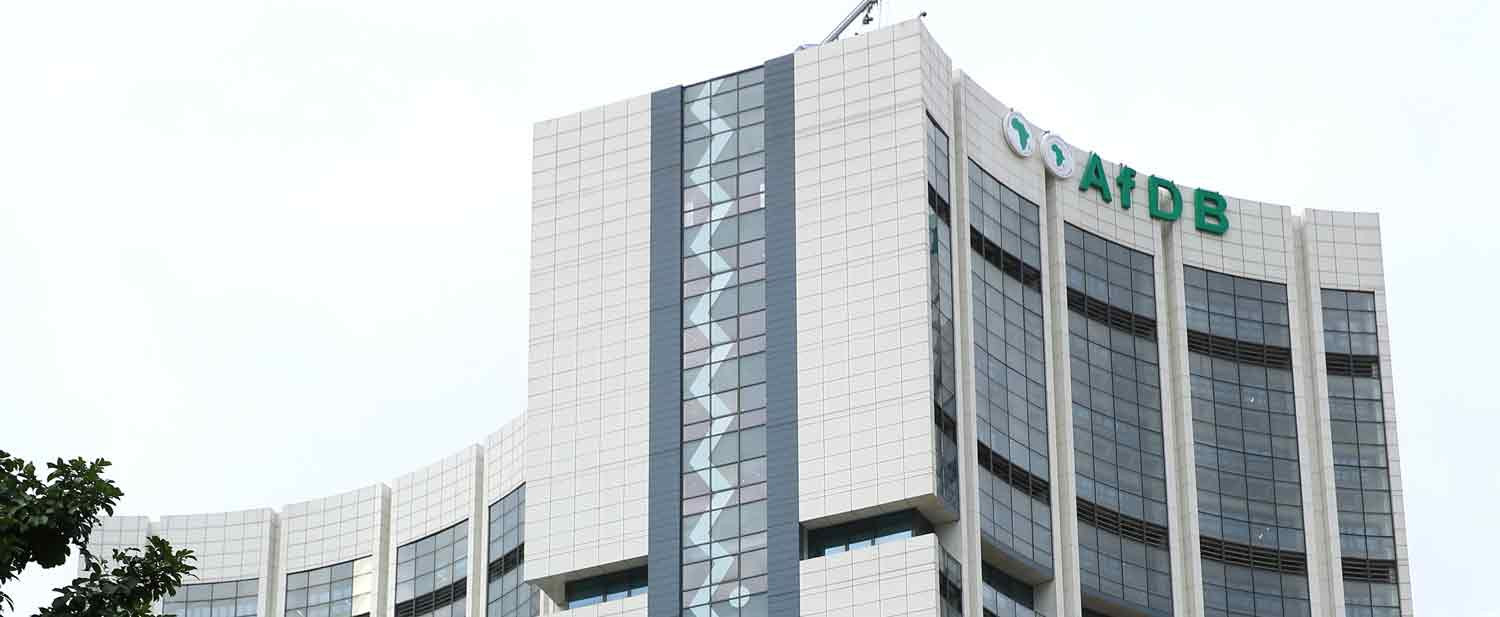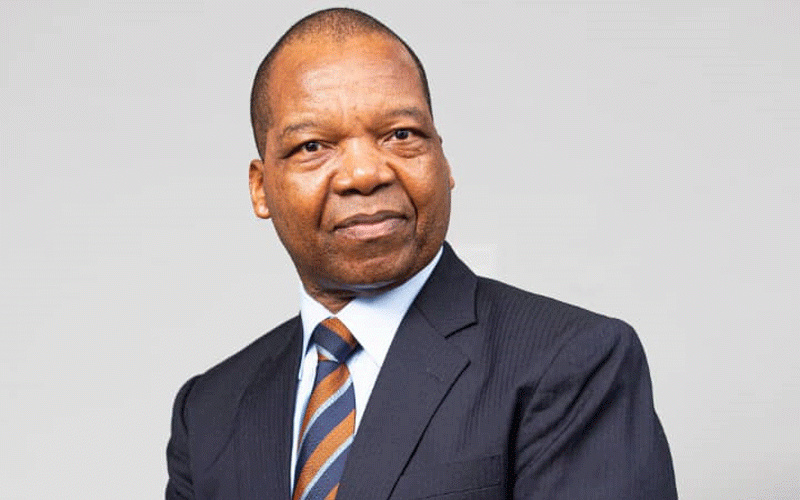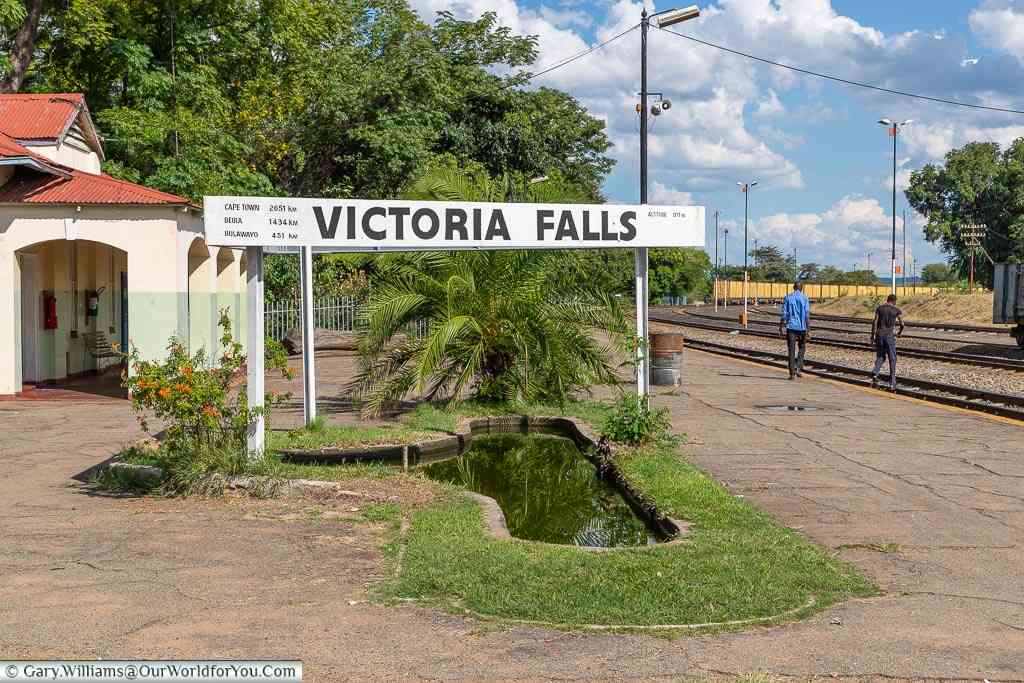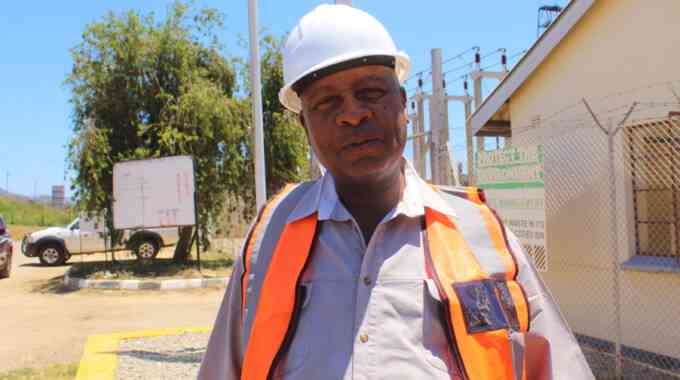
THE African Development Bank (AfDB) is pursuing discussions with the World Bank to promote mutual ties in various areas including procurement diagnostic tools and social environment safeguards.
This comes as it is simplifying its business processes, and further collaborating with other multilateral development banks (MDBs) to promote mutual reliance.
Unpacking its annual development effectiveness report at the AfDB 2024 annual meetings in Kenya last week, the bank’s senior vice-president Swazi Tshabalala said this year's report provided the supportive development results of the bank's global finance projects.
“These development results represent a collective achievement delivered in collaboration and partnership with other international development banks and development partners, and of course, our client partners,” Tshabalala said.
“In this year's report, we’ve incorporated innovative tools and methods like satellite imaging to better capture and analyse the development impact of our investments. For instance, using high-resolution impact mapping, we were able to assess the impact of bank-financed water and sanitation projects on the living conditions of residents in 28 urban areas in Kenya.”
She added: “In responding to the desire of our shareholders for MDBs to work in this system, this year's report also provides the supportive development results of our global finance projects, which allows us to demonstrate the bank’s increased efforts in normalising and catalysing other sources of finance, including from the private sector.”
She added that AfDB remained financially sound.
Despite the lingering challenges of the pandemic and geopolitical tensions, she said the group remained financially sound, and has earned a triple A award, generated a historically high net income, and approved projects to the value of US$10 billion.
- New perspectives: Building capacity of agricultural players in Zim
- New perspectives: Building capacity of agricultural players in Zim
- Xenophobic attacks against Zimbabweans barbaric
- AfDB president Adesina coming to Zimbabwe
Keep Reading
According to the official, this is the second-highest level of funding.
“For instance, the bank is making progress in discussions with the World Bank towards mutual reliance, but more importantly, in pursuing joint programming in areas such as increasing access to electricity,” Tshabalala said.
“The bank will also support member countries or regional member countries in establishing appropriate platforms for business coordination at country level. The bank is recognised for its leadership in financial innovations, implementing many of the recommendations of the G20 Capital Adequacy Framework.”
Tshabalala’s remarks come at a time when the bank launched its 10-year strategy (2024-2033) last week.
The strategy serves as an answer to the current complex hurdles facing the continent and presents a bold outline of AfDB’s determination to support Africa in overcoming multiple challenges.
Tshabalala said the strategy reflected the ambitions of the continent and came during the year when the continental body was prioritising making the Africa continental sea trade areas fully operational.
“The new 10-year strategy outlines the vision of an Africa that is prosperous, inclusive, resilient and integrated. It is supported by twin strategic objectives, accelerating inclusive green growth in Africa and driving prosperous and resilient economies,” Tshabalala said.
“To pursue these twin objectives, the bank has defined clear pathways for addressing Africa’s personal challenges and to help the continent firmly back on track towards a sustainable economic growth and prosperity. The five high-five operational priorities will continue to shape the implementation of the strategy as they continue to be aligned with the objectives of Agenda 2063 and the SDGs (sustainable development goals).”
She said the implementation of these priorities would be underpinned by cross-cutting priorities to promote gender equality, investments in young people, responding to climate change, building resilience to shocks, conflicts and fragility, and strengthening economic governance.
“The strategy outlines the bank’s response to the complex threats facing Africa and to the global and regional challenges, answering the call by the G20 for MDBs to reform to become better, bigger and more efficient,” Tshabalala said.
She added that the new strategy was clear about the need to scale up individually and in partnership to massify impact, accelerate delivery and address global as well as regional challenges.
“In this regard, the bank will continue to adapt its operational model, simplify its business processes and further collaborate with other MDBs to promote mutual reliance in areas such as procurement, diagnostic tools, social and environmental safeguards,” she said.










